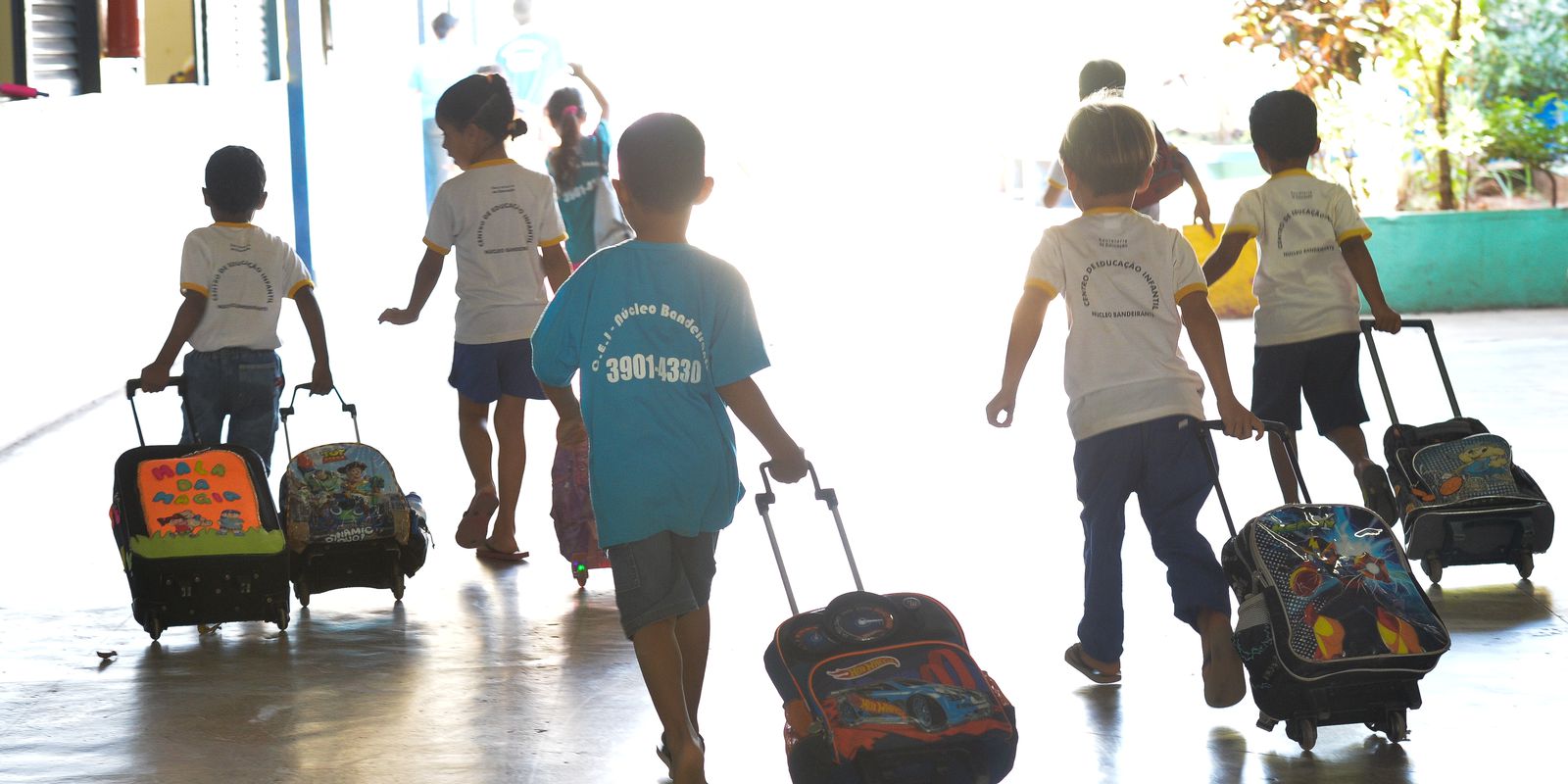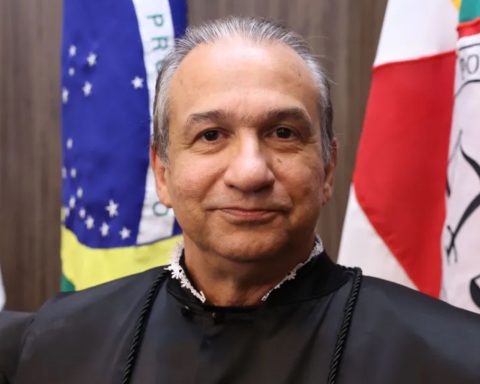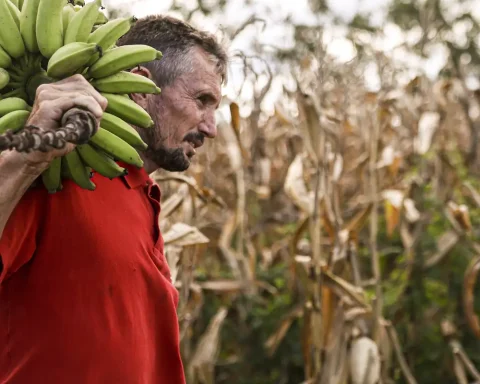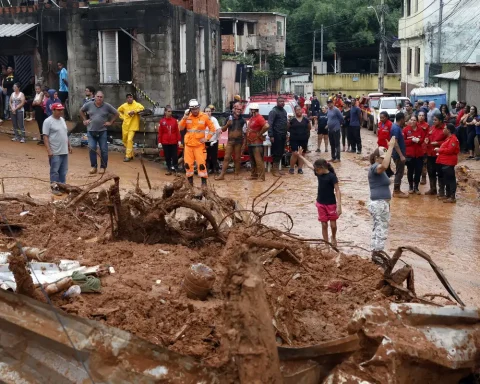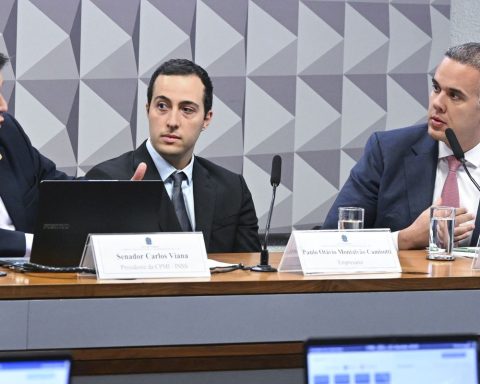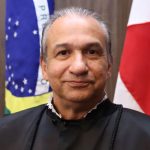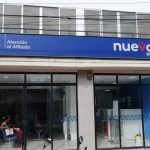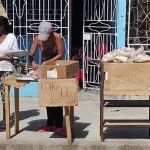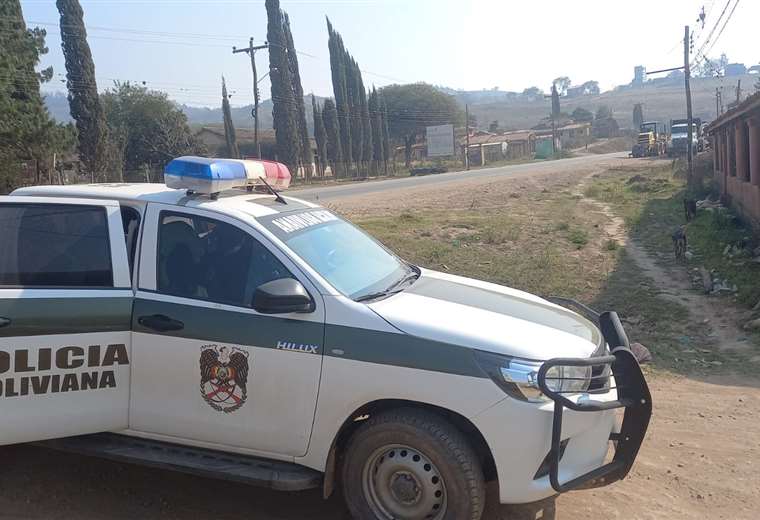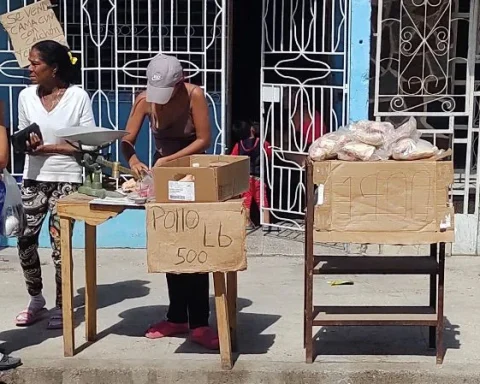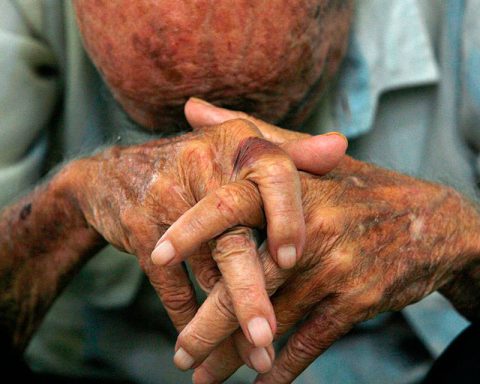The União Brasil candidate for the presidency of the Republic, Soraya Thronicke, said today (8) that she intends to use, in an emergency way, vacancies in the country’s private education network to bring back students who left schools after the covid pandemic. -19. According to the candidate, there are about 240,000 children in this situation currently in the country. 
“The private sector already provides the service in the private field. Many have vacancies that can be filled with children from public schools. [Ao poder público basta] just pay. What can be done is to negotiate a price, but they can indeed help to reduce the deficit of children who are out of school”, he said in an interview after participating in a meeting with representatives of the Agenda 227 Movement and receiving the Plano País da Infância e the teenage years.
According to the candidate, to put the proposal into action, public-private partnerships would be made. “It’s interesting in Brazil, we spend like a first world country and we deliver a fifth class education. So, if we know how to equalize and talk well with city halls and states, we can [entregar educação de qualidade]”.
The candidate also defended the implementation of complementary education material in the education system, which would be distributed through apps and books for self-taught learning. “The person will complement their study in their spare time, in a playful way, in a fun way to learn”, she said.
“It is possible, above all, to put all the capacity of our television, state TV, and radio stations, everything we can to teach classes, but show classes, classes that can really attract children, adolescents and adults ”, he added.
Thronicke stressed, however, that he does not intend to give up physical schools and face-to-face teachers. “We will never give up on schools and teachers, even because we have this issue that children are fed in schools, well-trained teachers are able to identify violence at home, and a series of issues that are important within a general concept”.
The União Brasil candidate’s agenda this Thursday included a meeting with representatives of the Agenda 227 Movement, interviews with the newspaper O Estado de São Paulo and the podcast Cara a Tapa.
